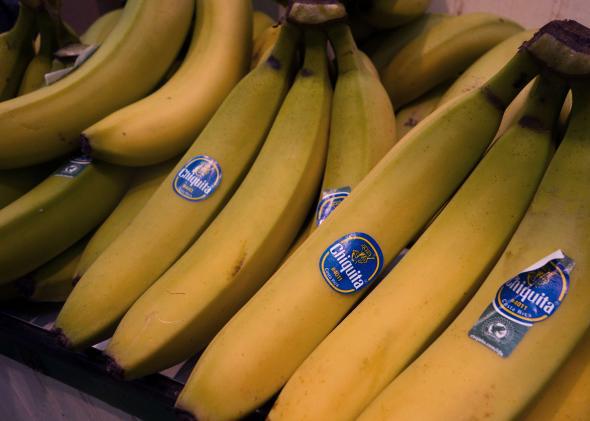After three decades of stasis, the Special Supplemental Nutrition Program for Women, Infants, and Children (WIC) is getting an overhaul, with a special emphasis on making it easier for parents to buy fresh produce for their children. Throughout most of its history, WIC has only covered what were perceived as “basic” foods: bread, eggs, milk, infant formula, canned tuna fish. In 2007 there was an interim policy that allowed parents to also buy fresh, frozen, or canned fruit or vegetables. This finalized policy goes beyond that, expanding the allowance for each child’s fresh produce purchases by 30 percent.
On paper, this sounds like a big deal and really good news, but it’s actually a depressing reminder of how small-minded this country has become when it comes to dealing with the problems of poverty and nutrition. As Reuters reports, that 30 percent produce expansion amounts to a measly $2 a month per kid. According to the cost-of-living index website Expatistan, in Indianapolis, that extra $2 will get you about a pound of apples (so, two or three apples) or a little more than a pound of tomatoes for the whole month. If you want to save money by going frozen, you’re not getting a whole lot more. You can get one bag of frozen peas or one bag of frozen corn, with a few coins left over for a small orange, if you’re lucky. Or perhaps you want one can of green beans with enough left over for a banana.
There’s a lot of enthusiasm for telling low-income Americans to eat healthier (despite, as Heather Tirado Gilligan wrote here at Slate, studies that show that the stress of living in poverty is the likelier cause for lower life expectancy among the poor). But can a fresh-food push do anything at all if the fresh food in question continues to cost more than people can afford? An apple a day to keep the doctor away is not really great advice for people who can only afford two apples a month.
